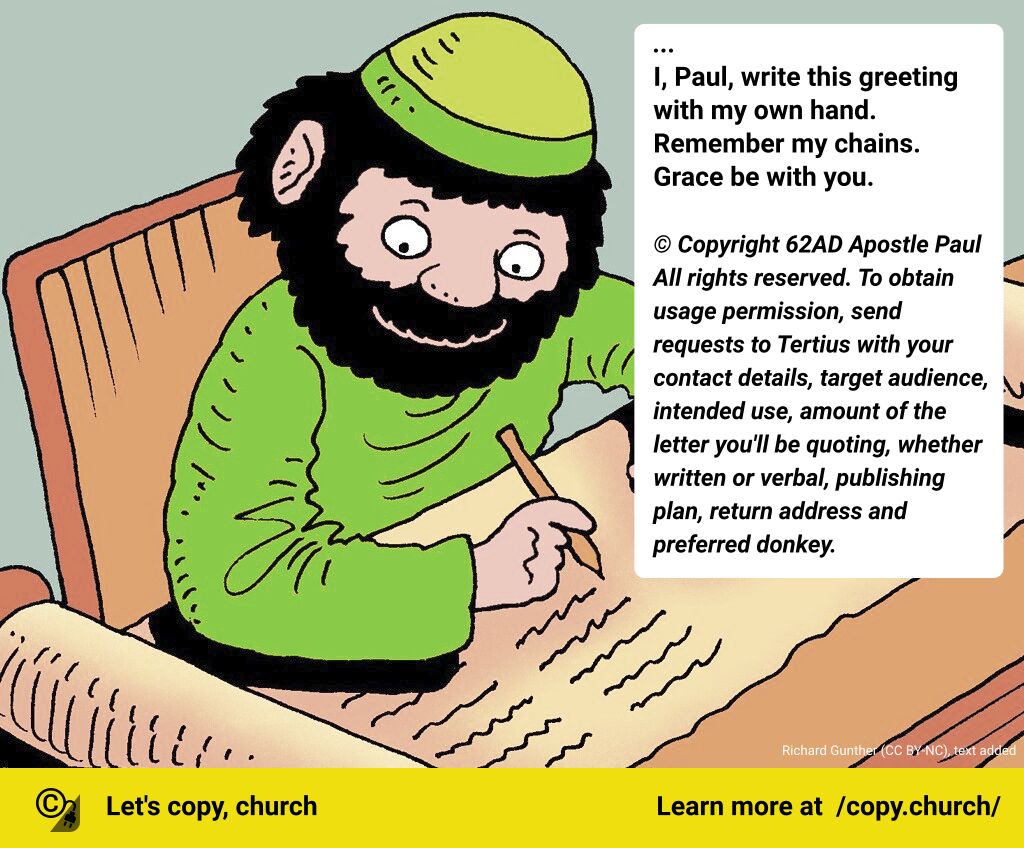Copyright prevents plagiarism.
While the word "copying" can often be used with a negative connotation, that is not the kind of copying being encouraged here, rather "sharing" is more accurate but we often refer to "copying" in reference to copyright law.
Copying resources is only plagiarism when they are “presented as one's own”. Thus plagiarism is a form of lying and is to be condemned. But copying and adapting resources can always be done without presenting them as entirely your own work.
There is a strong social expectation to acknowledge authors of works when appropriate to do so, especially in academia. When that doesn't happen, people may rightly be called out for plagiarism. But such situations are very rarely handled in courts, which is what copyright allows you to do. Almost all situations of plagiarism can still be handled socially and in community without any copyright protection required.
It is good to have the freedom to not attribute authors when it is unhelpful to do so. Such as to avoid distracting from the message that is being put across in a graphic design or another succinct format.
Some authors may not even want to be acknowledged, as we are encouraged by Jesus to seek credit from God rather than from man (Matt 6:1).
Either way, we currently don't utilise copyright for most situations of plagiarism and there's no reason for that to change.
Also see the objection regarding requiring attribution
